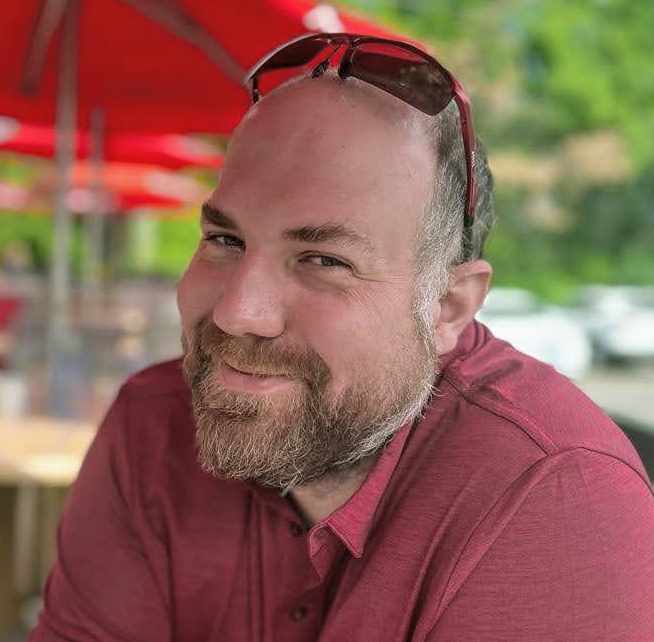When me and my partner got married she decided to take my last name. I didn’t have a strong opinion on the matter. Truth be told I wanted us to both change our last name to something awesome like DragonHeart, sadly that got vetoed.
The reaction from some people to that decision is interesting in that some seem to assume if she took my last name we may be all about the gender stereotypes and she certainly couldn’t be a good feminist.
I think that misses the root goal of feminism which is that all genders are treated equally. In this case it’s the fact that she made the decision and not me that counts. Feminism doesn’t mean that she keeps her last name. It means that she’s empowered to make that decision on her terms.
With the same logic I don’t see how we can outlaw Hijabs or other religious garment in the name of “protecting” women from oppression. ( see Québec’s new law on the matter). It seems a bit like trying to combat theft by telling people they can’t have iPhones because people will steal them instead of stopping the person doing the theft.
If there is a case when someone is forced to wear something they don’t want to wear, whatever that may be, shouldn’t we stop the person doing the oppression instead of targeting the victim?
All that to say that the state and society should promote personal freedom ( within the constraints of certain responsibilities that come with those rights ) and not enforce some misguided decision regarding what personal freedom means for each of us.





